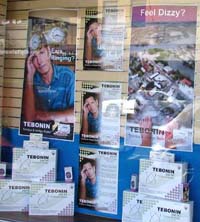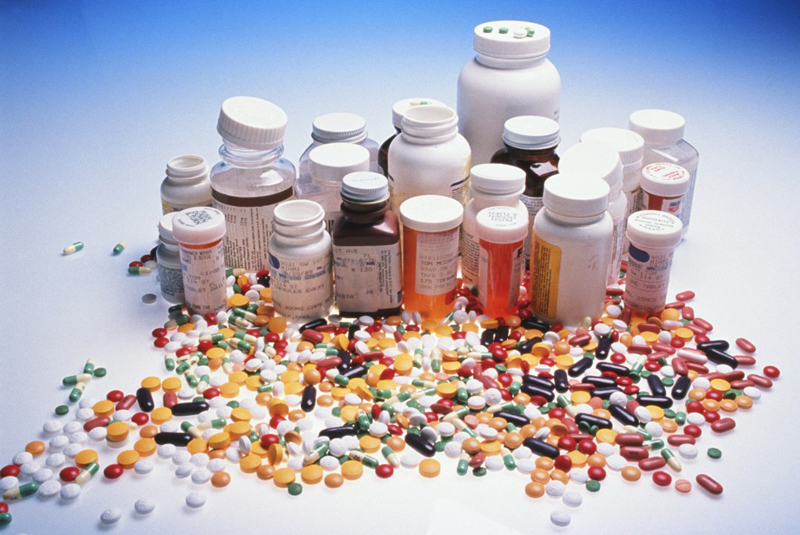 One of the marketing success stories in the world of herbal pills is the hype and advertising that has made Tebonin one of the big-time sellers. If you believe the ads, popping a Tebonin pill a day will relieve tinnitus (the ringing sound some people have in their ears), dizziness and even improve mental alertness. The promoters claim the drug, which is based on a patented extract from the ginkgo biloba tree, improves "impaired micro-circulation," reduces "free radicals" and "promotes optimum cell function."
One of the marketing success stories in the world of herbal pills is the hype and advertising that has made Tebonin one of the big-time sellers. If you believe the ads, popping a Tebonin pill a day will relieve tinnitus (the ringing sound some people have in their ears), dizziness and even improve mental alertness. The promoters claim the drug, which is based on a patented extract from the ginkgo biloba tree, improves "impaired micro-circulation," reduces "free radicals" and "promotes optimum cell function."
According to the German manufacturer, Dr. Willmar Schwabe GmbH & Co KG, eight million pills are consumed every day. Schwabe, like so many companies in the herbal supplements sector, trades on its feel-good image. "From Nature, For Health," its website claims. That's the story the company wants you to hear. However, when a small group of Australian doctors and pharmacists, AusPharm Consumer Health Watch, drafted a report raising doubts about the benefits of Tebonin, they discovered a company that was not so warm and fuzzy. Soon after sending a copy of their draft report to the company, they were hit with a writ seeking an injunction that may bury their critical assessment forever.
 "Regulators usually don't negotiate their budgets with the industries they oversee," writes Anna Wilde Mathews, but the U.S. Food and Drug Administration does. In the early 1990s, drug companies started paying the FDA millions of dollars in user fees, to speed the drug approval process.
"Regulators usually don't negotiate their budgets with the industries they oversee," writes Anna Wilde Mathews, but the U.S. Food and Drug Administration does. In the early 1990s, drug companies started paying the FDA millions of dollars in user fees, to speed the drug approval process.
 One of the marketing success stories in the world of herbal pills is the hype and advertising that has made
One of the marketing success stories in the world of herbal pills is the hype and advertising that has made